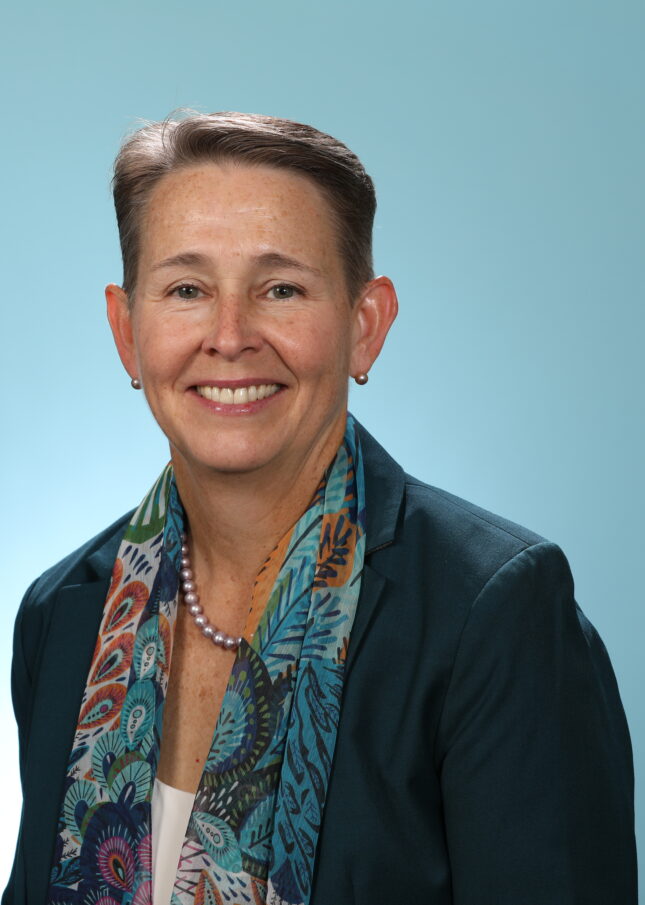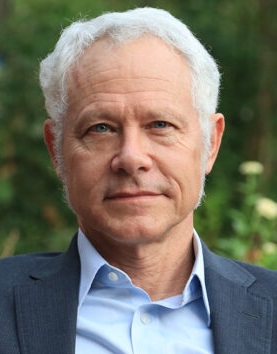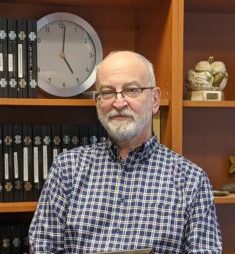To recognize the importance of and appreciation for mentorship and sponsorship on the Medical Campus,Washington University School of Medicine will honor 53 faculty with Dean’s Impact Awards today, April 30. The Department of Pathology & Immunology is proud of each of our three recipients of the honor.
Dr. Richard Cote remarked “Drs. Gronowski, Murphy and Schmidt represent the pinnacle of what it means to be a mentor. They have each mentored a generation of new leaders in their respective fields; clinical chemistry, basic immunology and neuropathology. These individuals have in turn begun to mentor subsequent generations of leaders, expanding the family tree of excellence that characterizes training at Wash U and this department.”
Ann M. Gronowski, PhD,Oree M. Carroll and Lillian B. Ladenson Professor in Clinical Chemistry, Pathology & Immunology and Obstetrics & Gynecology has a distinguished and globally recognized career in the field of clinical chemistry and laboratory medicine. Although her academic achievements are impressive and numerous, it has been her long-term commitment to mentorship and sponsorship that represents her most distinguishing set of accomplishments. Gronowski has personally mentored many young faculty in her division, all of whom are now senior faculty and/or directors at other commercial or academic laboratories. She serves as co-director of the department’s postdoctoral training program in clinical chemistry and has participated as an advisor in mentoring initiatives such as the Doris Duke Program to Retain Clinical Scientists. One of her most institutionally impactful accomplishments has been the creation of the department’s Office of Faculty Development — one of the first of its kind at WashU Medicine. Among her many responsibilities, Gronowski established a formal junior faculty mentoring program that has served as a model for other departments and has benefited many new faculty since its creation. Gronowski has made mentoring her ongoing mission, continuing to serve as a leader and member of multiple mentoring and advisory committees.

Kenneth M. Murphy, MD, PhD, Eugene Opie First Centennial Professor of Pathology, is committed to training and mentoring the next generation of scientists. What is striking and obvious when one attends immunology conferences is that not only has Murphy’s work and leadership led to PhDs and postdoctoral training in his lab, but his groundbreaking work has also led to numerous additional PhDs and postdoctoral careers throughout the world, with hundreds of resulting publications (i.e., a “multiplier effect” beyond WashU Medicine). He has trained at least 20 different PhDs in his lab, many of whom had high-impact publications in Science and Nature and who continue to be engaged in research. Some of his former lab trainees are current faculty at leading institutions nationally and worldwide. He is known as a great mentor for colleagues, and his ability to go straight to the heart of a scientific problem and give honest opinions to improve the work have helped many. He consistently gets high praise from students for challenging and enriching their environment. His nomination letter notes: “In sum, Murphy has made an indelible impact on the training of his department’s students, fellows and colleagues over the past three decades, both institutionally and worldwide.”

Robert E. Schmidt, MD, PhD, Professor, Pathology & Immunology, began his career at Washington University as an undergraduate and was one of the earliest MD/PhD students in the Medical Scientist Training Program. He has led the neuropathology division and fellowship for over three decades. His legacy is evident in the more than 30 neuropathology fellows who have benefited from his mentorship, including two current pathology department chairs and two dozen faculty who are active physician-scientists practicing across the United States. His ability to recruit, train and mentor future neuropathologists is enhanced by his affable personality, ever-present sense of humor and dedication to teaching. He is always available to review challenging neuropathology cases and to advise faculty and fellows on research projects. Schmidt has published over 200 papers, book chapters and review articles, the majority being with trainees he has mentored during his long tenure at WashU Medicine. The commitment Schmidt continues to show to assist trainees and faculty with their careers is a trait all can aspire to emulate. His career exemplifies dedication to service as an educator, neuropathologist and scientist.
